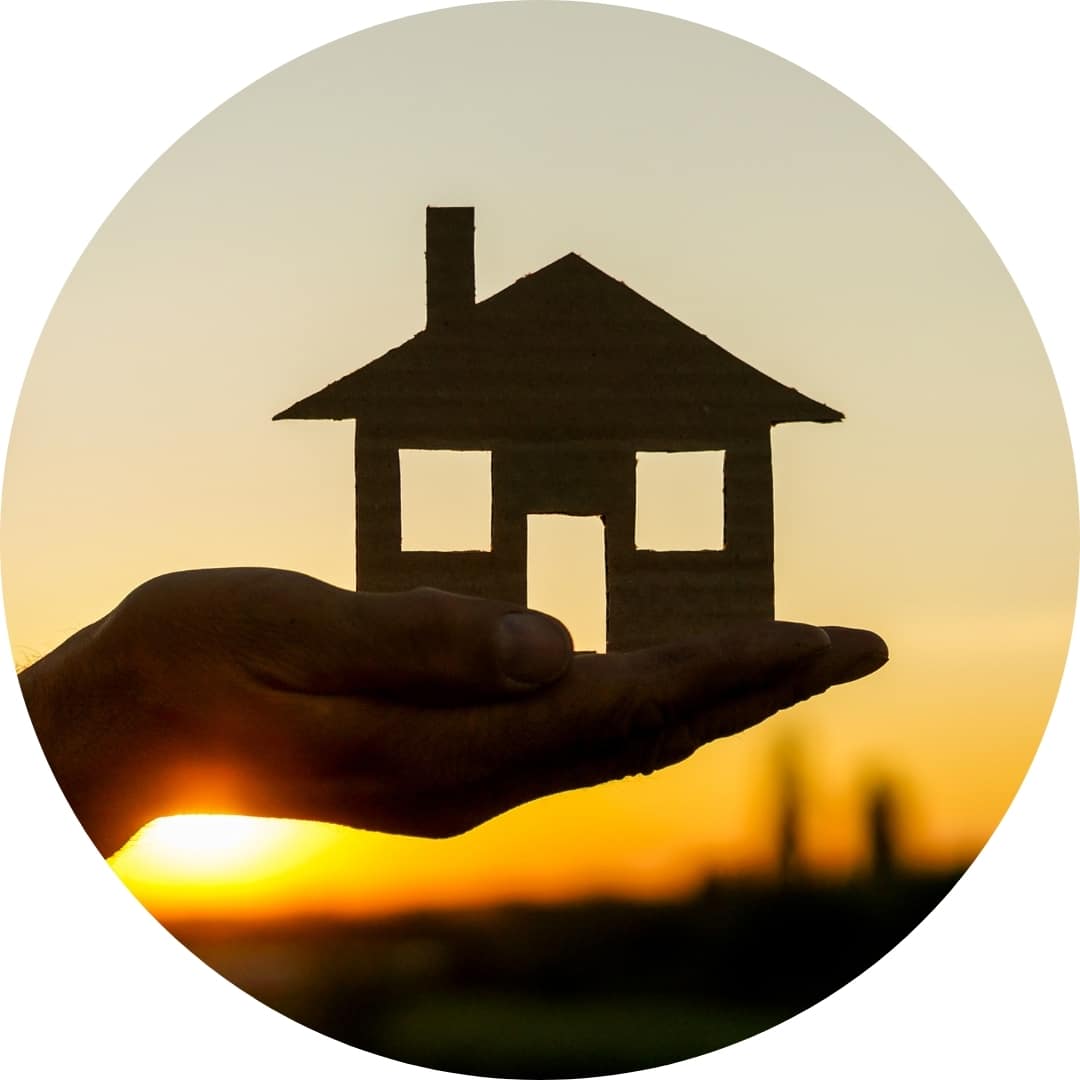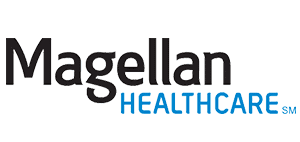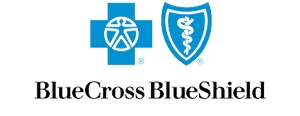Sober living homes help you stay sober as you gain your footing in addiction recovery. They provide a safe, supportive living environment with peers who are also trying to maintain sobriety — and they’re effective. One study on sober living homes found residents had less substance use, arrests, mental health symptoms, and were more likely to maintain employment than their counterparts. Positive outcomes were also linked to:
- Participation in 12-step programs
- A network of sober peers
- Less severe psychiatric symptoms
- Longer stays in the sober living residence

What Is Sober Living?
Sober living is a type of transitional housing that provides a supportive and structured environment for individuals who are in the early stages of recovery from drug or alcohol addiction. In general, people in recovery can take part in these transitional housing options as they begin navigating life without alcohol and drugs.
These homes go by several names such as:
- Sober house
- Halfway house
- Recovery homes
- Transitional housing
- Sober homes
- Sober living residences
Sober homes provide a supportive living environment as you emerge back into everyday life with its triggers and challenges. Fellow residents are also recovering from drug or alcohol addiction and can provide support and comfort as you navigate sobriety together.
When Do People Join A Sober Living Program?
Sober homes are typically used as a step-down program after completing an inpatient treatment program. This is because a sober home can ease the step between a highly structured residential treatment setting and moving back home or living on your own.
People can also live in a sober living environment as they attend outpatient treatment as an extension of the program. Outpatient programs that incorporate sober living may include:
During this transition from inpatient treatment to outpatient treatment, sober living programs can provide ongoing support after people finish their daily treatment sessions in a rehab facility.
Is Sober Living Right for Me?
Sober living may be a good choice for you if you are:
- Attending a partial hospitalization program, intensive outpatient program, or outpatient treatment.
- You’re new to recovery and your home environment is not conducive to sobriety.
- You have relapsed and you’re attending some form of outpatient treatment.

Self-Assessment: Am I Addicted?
"*" indicates required fields
Contact Us
Ready to Get Help? Get in Touch Today.
"*" indicates required fields
Types of Sober Living Homes
The Substance Abuse and Mental Health Services Administration (SAMHSA) notes four levels of sober living houses based on the services they provide:
Level 1
Peer-supported, peer-run sober living residences. Level 1 is a community of peers in recovery who manage the house themselves and run on-site support groups or attend offsite meetings. These are sometimes called “Oxford Houses.”
Level 2
A residence with a house manager who’s paid or receives discounted rent for their services. There are regular house meetings, support groups, “buddy systems,” and sometimes on-site clinical services.
Level 3
This type of recovery home provides more support such as a paid house manager, recovery support specialist, help with applying for jobs or school, “buddy systems,” in-house meetings, and other services.
Level 4
Known as a therapeutic community, this type of sober house has paid, licensed, credentialed staff, house managers, clinical support on site, life-skills training, help applying for jobs, and 12-step meetings onsite.
How Is Sober Living Different from Addiction Treatment?
Addiction treatment at an outpatient or inpatient rehab center is not the same thing as a sober living residence. A treatment center has behavioral health and medical professionals who provide counseling, therapies, and support while you’re there. An alcohol and drug rehab offers services like:
- Drug and alcohol detox
- Individual therapy
- Group therapy
- Family therapy
- Psychiatric support for co-occurring disorders (dual diagnosis)
- Traditional therapies like cognitive behavioral therapy and dialectical behavior therapy
- Trauma therapies like EMDR
- Holistic treatment approaches like yoga and art therapy
- Onsite residences (inpatient treatment centers)
- Relapse-prevention training
Sober houses are supportive living settings for individuals in recovery. They don’t provide clinical care or addiction treatment. Depending on the type of sober living residence, they may provide some therapeutic support. Many offer onsite 12-step meetings and other activities that help you stay sober. Sober houses are where you can practice the skills you’ve learned in addiction treatment. It’s a recovery community that you can lean on as you begin life in early recovery.
Vogue’s Sober Living Residences
Vogue Recovery Center has recovery homes at our Arizona and Nevada locations. Our sober living residences are welcoming, supportive, and home-like.
Our Nevada rehab center offers two sober living houses with:
- 24/7 staff
- Transportation to grocery shopping and a grocery allowance
- Transportation to treatment at Vogue Recovery Center
- Help with transportation to groups and meetings
- Support self-administering medications
- Monthly flat fee
- Common areas
- Outdoor pools and grills
Our Arizona rehab offers sober living residences which include:
- Part-time staff who are there throughout the night
- Weekly meetings in-house
- Monthly flat fee
- Common areas
- Support self-administering medications
- Workout area, pool, and roof-top patio
To live in our recovery homes, residents are expected to attend our partial hospitalization program (PHP), intensive outpatient program (IOP), outpatient program (OP), or daily 12-step meetings.
Paying for Sober Living
Sober living homes usually offer affordable monthly rent. Insurance does not cover a sober home but will often cover any outpatient addiction treatment you’re participating in while at a recovery home.
To encourage independence in recovery, many sober living homes require that you’re at least partially employed as you gain a stronger foothold in sobriety. This allows you to pay the monthly rent and learn to budget your money.
What Are the Benefits of Sober Living?
If you choose to continue living in a sober home after leaving professional treatment, you can receive continuing care and support from housing staff and your peers in recovery. In these cases, the sober living home will require you to show that you’re actively working on your recovery through activities such as regular attendance at 12-step meetings. A sober living house can connect you with a ready-made recovery community that you can lean on for years to come.
Structure and Accountability
Sober homes provide built-in accountability measures for people in recovery. For instance, sober living programs typically require residents to follow certain rules and guidelines, such as:
- Attending regular house meetings
- Participating in household chores
- Adhering to curfew times
- Refraining from substance abuse
- Participating in a professional treatment program or actively working a 12-step program like AA or NA
- Following rules of the house that have been set by staff or peers
- Partaking in random alcohol and drug testing
These expectations help promote responsibility and accountability among residents, which are crucial components of sustained sobriety.
Built-In Sober Support Network
Sober living programs provide a built-in sober support network for individuals in recovery. These programs offer a structured environment where residents can live with others who are also committed to maintaining their sobriety. This sense of community is essential for those in early recovery, as it provides a safe and understanding space to navigate the challenges of sober living.
Access to Local Resources and Ongoing Assistance
Sober living programs provide access to resources that aid in the transition from addiction treatment back into everyday life. This may include job training, educational opportunities, and assistance with finding stable housing. These recovery resources can help individuals establish a solid foundation for their recovery journey and increase their chances of long-term success.
What Happens After Sober Living?
Some people only stay at a sober living house for the time that they are in outpatient treatment, which may just be a couple of months. Others choose to stay much longer. One study finds that the average length of stay at a sober living residence is a year.
When you leave a sober living residence, you will need to continue safeguarding your sobriety. This typically includes relapse-prevention practices like:
- 12-step meetings or alternatives to the 12-steps like SMART Recovery
- Regular exercise and proper nutrition
- Getting enough sleep
- Taking prescribed medications as directed
- Avoiding triggers when possible
- Individual therapy
- Group therapy
- Couples or family therapy
- Working, going to school, or volunteering
Staying connected with your sober community is important after leaving treatment and sober living. It can be easy to fall back into old habits and routines, but having a support network of people who understand your journey and are also committed to sobriety can make all the difference.
At Vogue Recovery Center, we value the importance of building strong connections within our alumni community. Even after you leave our programs, we encourage our graduates to attend regular alumni meetings, events, and social gatherings to connect with other individuals in recovery. These activities not only provide opportunities for fun and connection, but they also serve as reminders of why staying sober is so important.
Does Insurance Cover Sober Living?
Most major private insurance plans are required by law to cover behavioral health treatment in the same way they cover medical care. However, the specifics of coverage can vary depending on your plan. You may need to meet a deductible before your benefits apply or pay co-pays or coinsurance. Medical detox is often classified as a “medical necessity,” meaning it may be fully covered or covered at a significant percentage. On the other hand, insurance coverage for sober living can differ widely depending on the specific plan.
If you’re unsure whether your insurance covers sober living, our admissions team is here to help. Simply give us a call or complete our insurance verification form, and we’ll work directly with your provider to clarify the details of your coverage.
Recover in Sober Living
Sober living homes offer a vital step toward achieving lasting recovery from drug and alcohol addiction. At Vogue Recovery, our sober living programs provide a supportive environment to help individuals maintain their progress and build a foundation for a healthier future.
If you or a loved one could benefit from the stability and guidance of sober living, contact Vogue Recovery Center today. Your journey toward healing and empowerment starts here. You don’t have to face this path alone—support is just a phone call away.
Would you like more information?
If you or someone you know has a substance use disorder, we hope you’ll begin your journey with us at Vogue Recovery Center.









